Drama Education as a tool for language teaching
The Common European Framework of Reference for Independent user, according to the B2 level of the learners' native speaker of natural light and direct contact with each image. You can take an active part in discussion in familiar contexts, so that explains while arguing his opinion. Clearly and in sufficient detail expresses itself in many, the topic of personal interest. Who can explain a viewpoint on a topical issue that details the advantages and disadvantages of various options. "
In order for our students to get to this level, that they are able to use the language of self-assessed language level of teachers after the students must design the teaching-learning process to take their shared journey of discovery to be used for the acquisition of language skills. To do this, students must win and maintain their interest, which is a major challenge because of language learning in the process of knowledge acquisition, the recording certainly learned a lot through repetition leads the way. The drama pedagogy can help to avoid the repetition boring, soul-killing, but an interesting and varied. The roles, styles, situations and techniques of involvement rates remain consistent, the students try themselves with new roles.
The drama of technical methods for the role of a teacher is redefined: The primary task of passing on not only knowledge, but rather a stimulating learning, strategic planning facilitator. The relationship between the teacher and the group is subject to change. There are practices in which the teacher is highly recommended separation of the group, which monitors what is going on rather analyze the processes, but there are also exercises it when the teacher is part of the group. be subordinate role within the group, it can be an equal member of the group, but also be the parent role when the group confers this status, especially the rules adopted jointly betartatásánál be useful in this role.
The communicative language teaching methodology drama devices open up new horizons, as the learners do not perform training exercises, but the situation exercises. Use is not an end in itself for the knowledge of the language, but also to solve the tasks at a level which is currently using. Whether a word is able to play situations and shortcomings in substitute gestures. The growing involvement in the game, the more motivated to use a phrase more and more. This is precisely the aim is not to feel the agony of learning, but also a means of self-expression.
Of course, the part of the teacher-conscious designer working behind the process by which the various occupations plans, in line with the level of knowledge of students because of inappropriate practices, students break the mood. The job skills of more than discourage them too much, while too easy tasks are discouraged efforts. In both cases, the language acquisition process may slow down.
The drama technical methods provide excellent opportunities for both teachers and learners of the language in an effective and innovative language learning experience. Taylor Ibolya
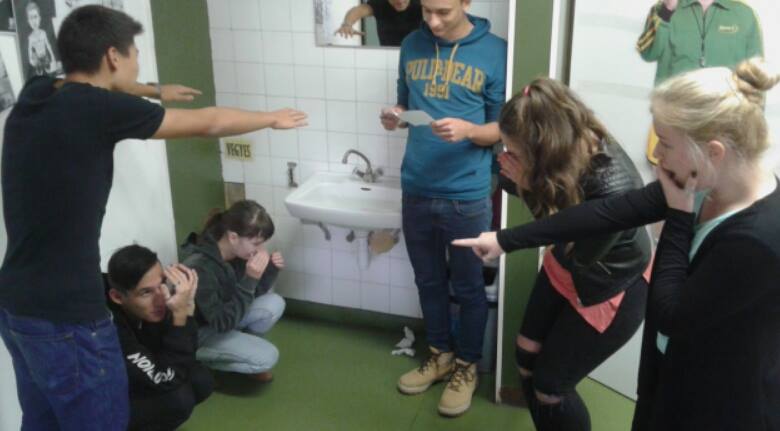
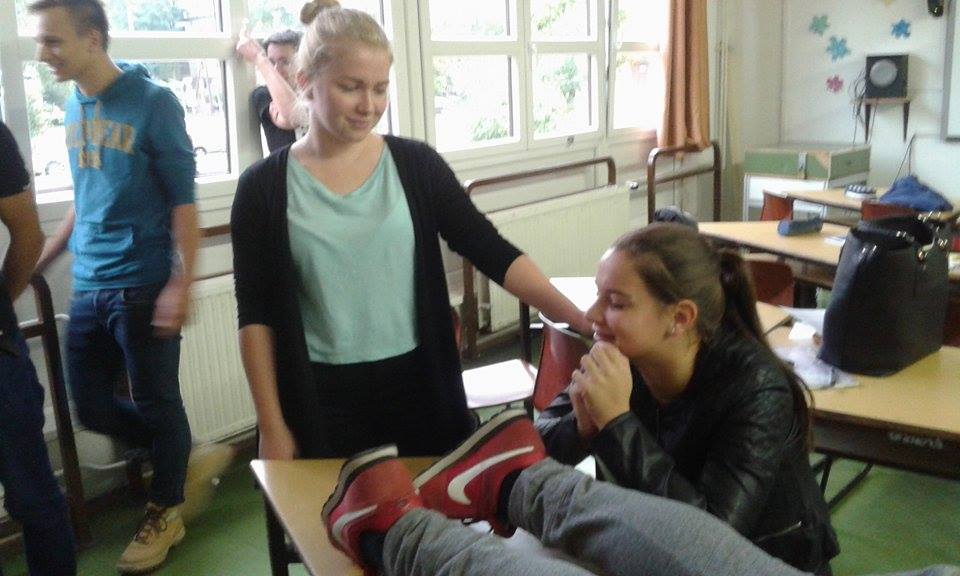
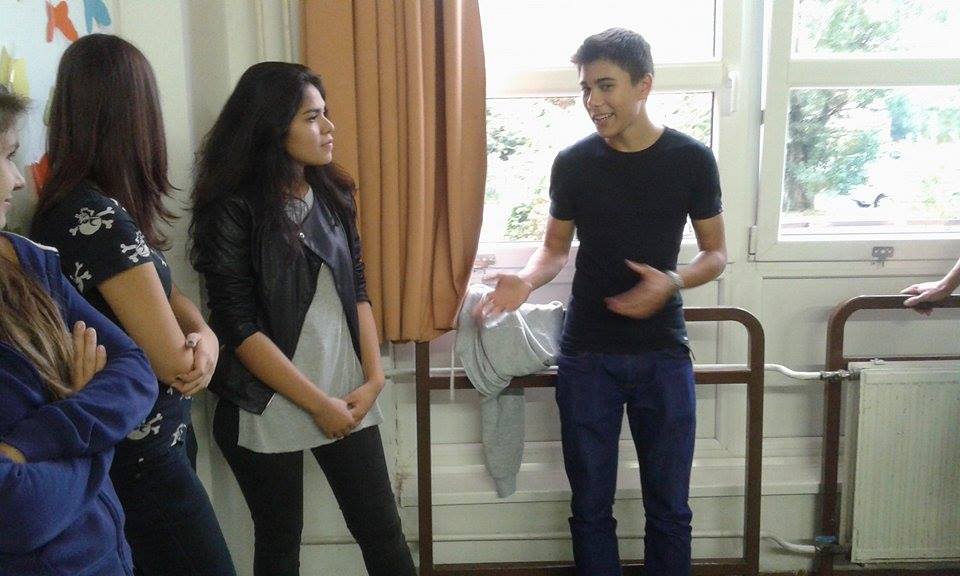
Applying drama pedagogy methods In teaching IT
The information technology course is a practical course in which a number of theoretical knowledge must also learn that our students consciously use the tools of the information society and the benefits they enjoy, are aware of the dangers. But the goal still is to be able to independently apply the tools knowledgeable, efficient learning, during which many methods can be applied to cooperative learning techniques of drama education tools.
The use of IT tools related topic drama pedagogical tools to process the themes consider the IT environment conscious shaping, creating a healthy work environment, knowledge of computer peripherals, occupation, operation, physical basis, operating system, computer network, as well as understanding and using other related services topics .
During processing of the deeper themes will learn about the various aspects of the design of IT environments, suitable for ergonomic computer work environment of rules, the computer structure and main units, peripherals operation, and operation of the networks. As the machine itself is not sufficient for operation, back at the operating system and utilities management, basic service operations. We deal with data security and malware as well.
During this purpose may be to the reading comprehension skill development organized action, organized settlement of the knowledge of cognition abilities.
We educate our students conscious, purposeful work.
The application of knowledge related topic drama pedagogical tools can be processed electronically themes believe the creation of written and audiovisual documents, graphics creation, data management, data processing, information visualization, problem solving spreadsheet.
You can create drawings, text, spreadsheet documents, they can be converted. select the appropriate format in the preparation of products of different formats. Szerző: Marianna Törökné Karakas
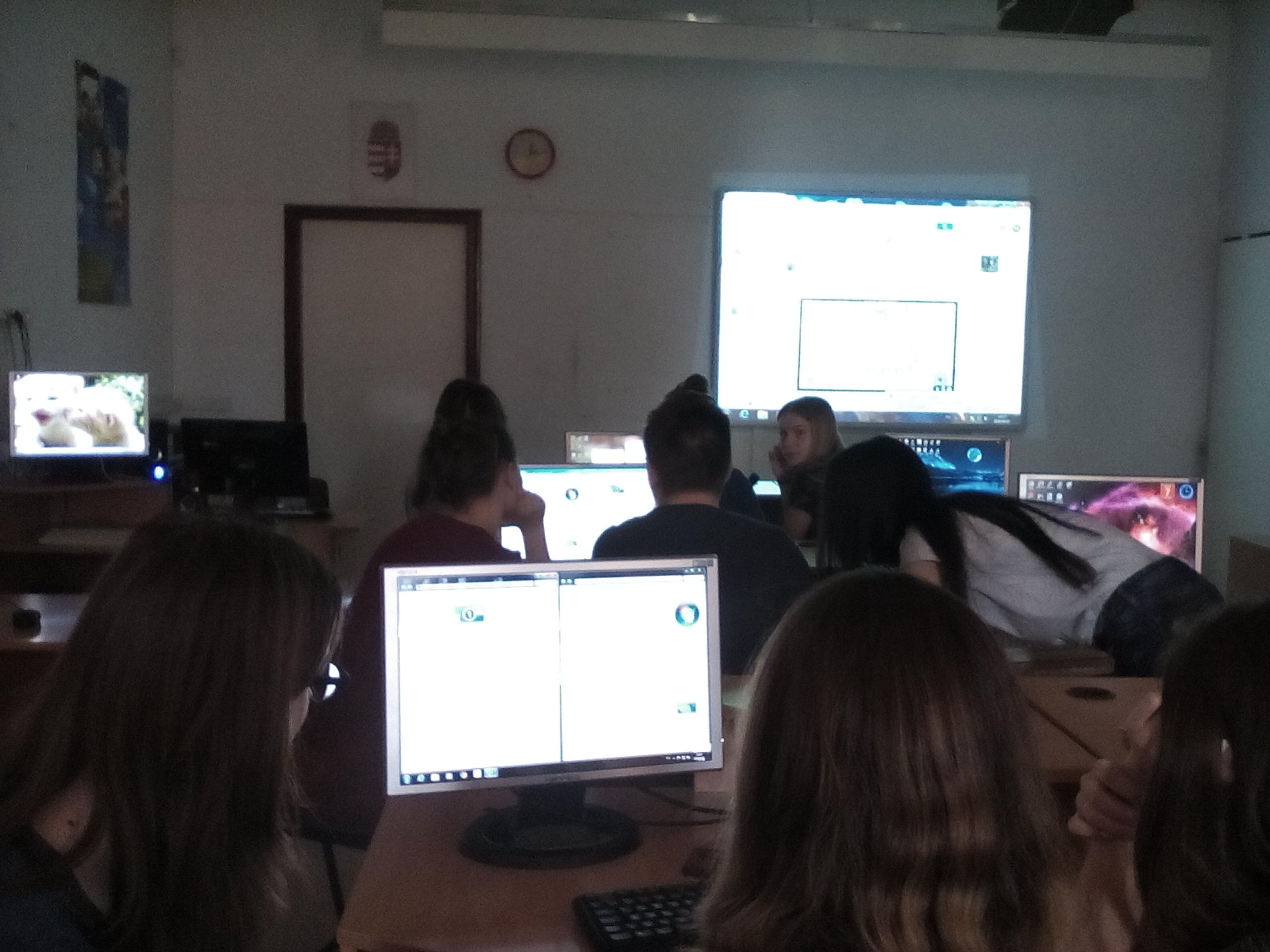
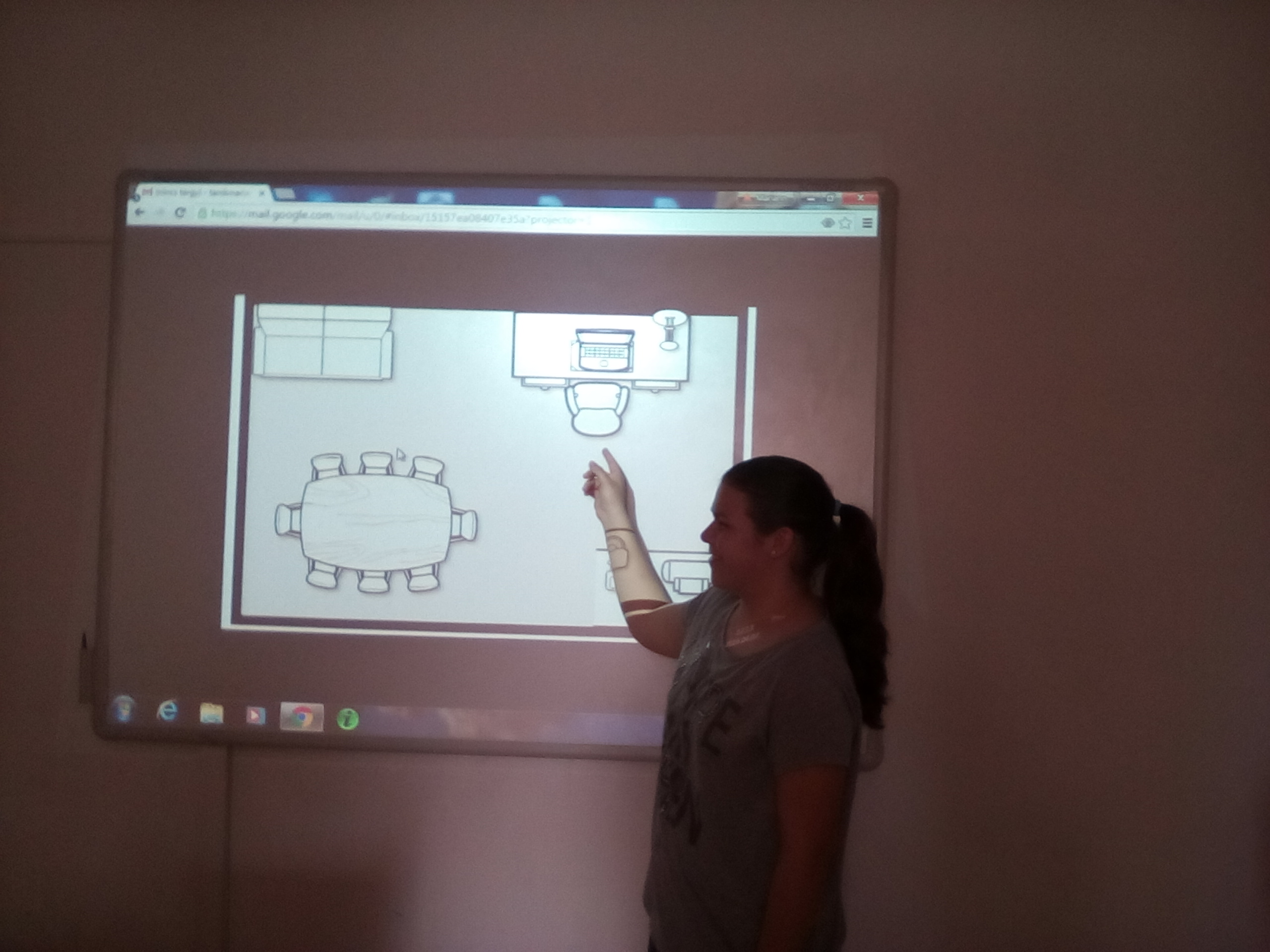
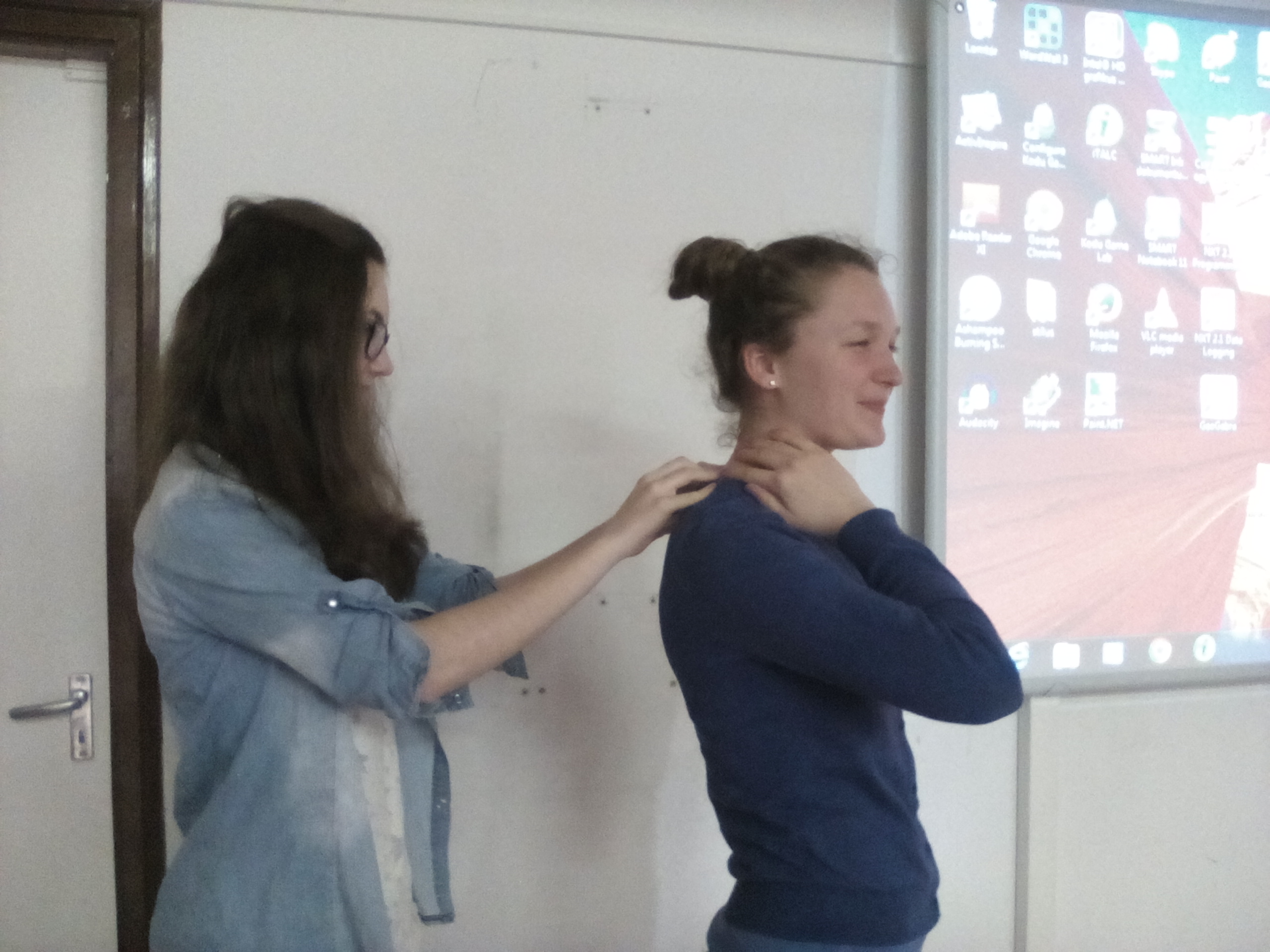
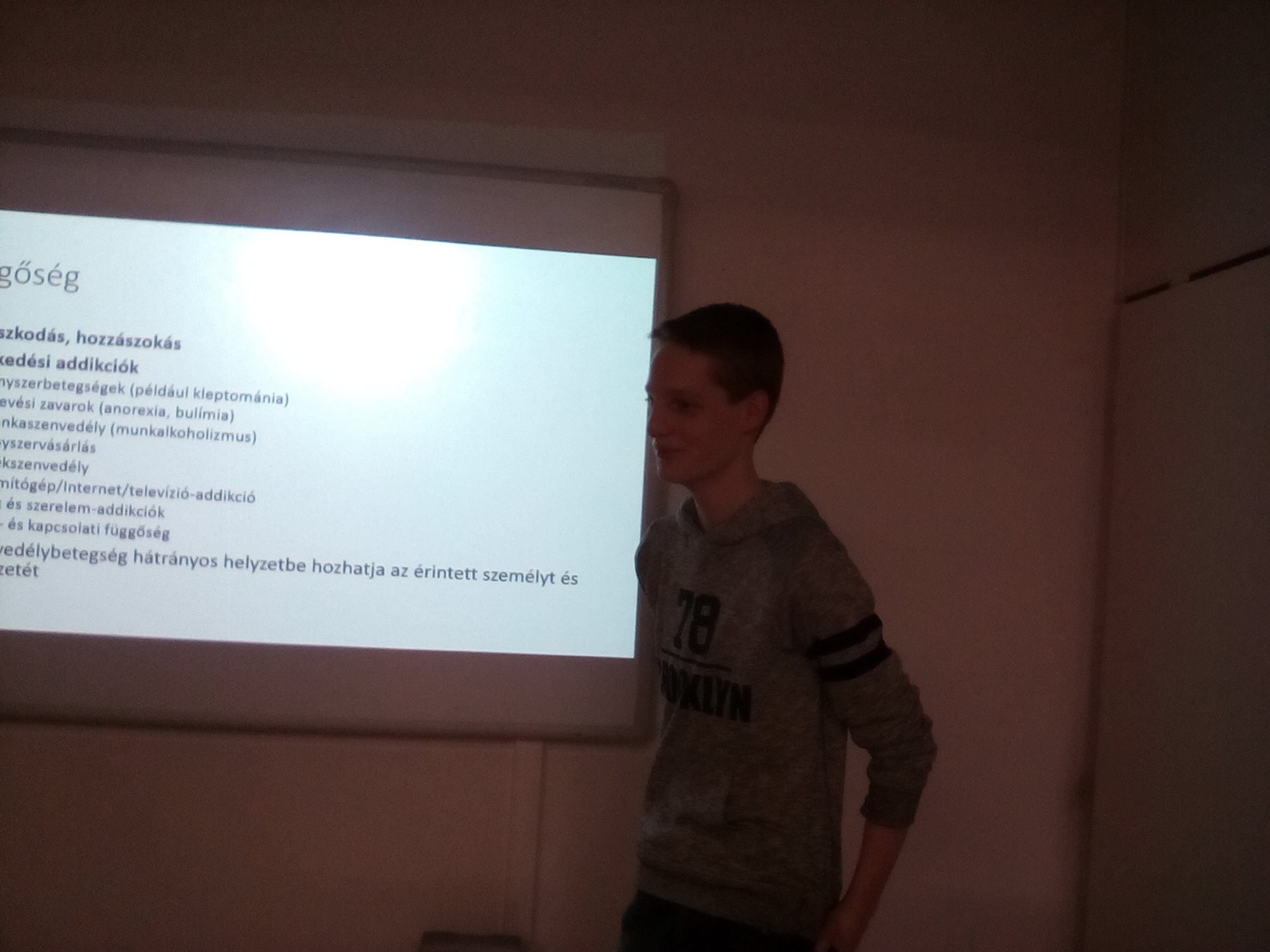
Drámapedagógia, játékok alkalmazása az erkölcstan oktatásában / Using drama and the games teaching ethics/moral study
Az erkölcstan nem egyszerűen szabályok megtanulása és azok alkalmazása, hanem alapvetően az emberség, az emberi méltóság megélése. Tanítási célunkban fontos az, hogy mit értünk azon, hogy emberségesnek lenni. Az erkölcsi szabályok éppen az emberséget akarják leírni és elősegíteni. A Föld minden népére vonatkozik az univerzális humanizmus, aminek az elvei emberségünkben összekovácsol bennünket. Az iskolai erkölcstan oktatása ezt a közös humanizmust célozza meg, ami összekapcsol bennünket.
Az erkölcstan oktatása nem egyszerűen információk átadása, hanem a tanulóknak belül "be kell látnia", legbelül meg kell értenie, azonosulnia kell az erkölcsi értékekkel. Ehhez sajátos pedagógiai módszerek kellenek, melyek egyike a drámajáték, ahol játékosan kísérleteznek az egyes szituációkkal, szerepekkel, megoldásokkal - s közben emélyül az erkölcsi érték belátása. Az erkölcstant oktatók kezében csodálatos eszköz lehet a drámajáték, érdemes ráérezni az ízére, s képezni magunkat ezen a téren. A drámapepedagógia középpontjába a gyermek kerül. Elsősorban a gyermek személyiségéhez alakítják a tanítási módszert. Az egyéni munkabefektetés árán szerzett tudás értékesebb mint a “könyvtudás”. A tekintélytisztelet alapján átvett erkölcsi normák helyett átélt, ezért belsővé vált erkölcsösségre törekszenek.
Tanulási területek lehetnek:
- a jó fogalmának tisztázása; a gyerekek erkölcsi nevelése személyes tapasztalataik előhívásával;
- önismeret, önvizsgálatra késztetés;
- vélemény megfogalmazása, vita;
- helyes magatartásformákra nevelés,
- fejleszti a képzeletet, az érzelmeket, a szóbeli kifejezőkészséget, az erkölcsi ítéletet.
Célok: